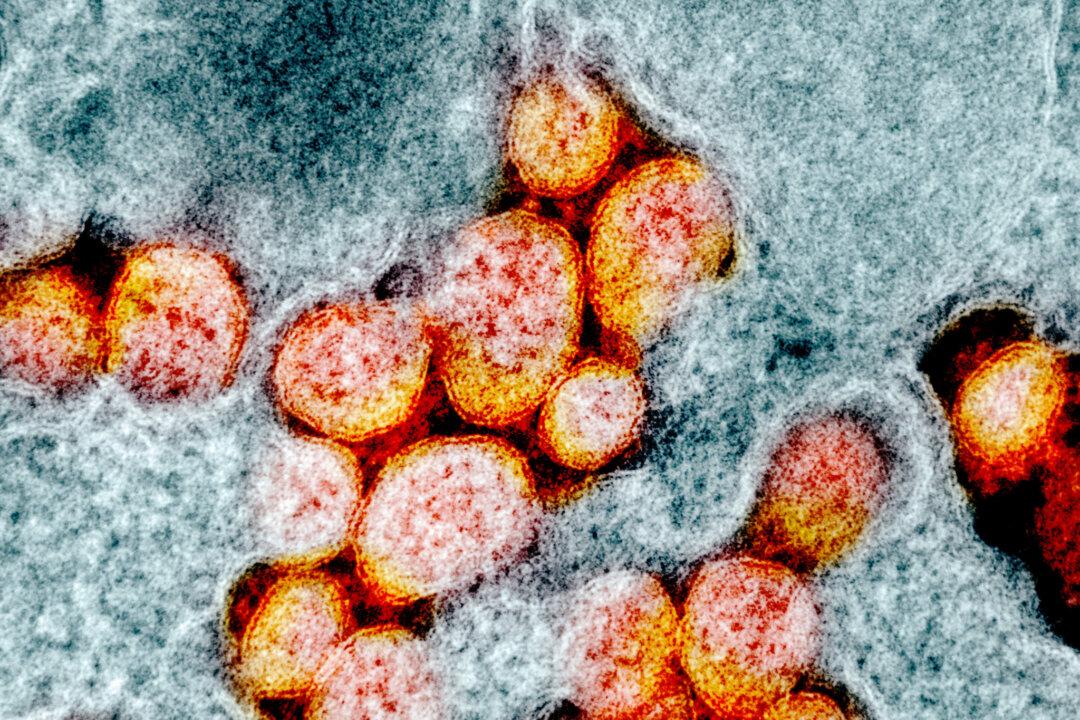With the COVID-19 coronavirus outbreak spreading across the United States, it’s prompted a number of fears. However, suffering from a fever, cough, shortness of breath, or other respiratory problems doesn’t always mean you have been infected with the mysterious new disease.
The symptoms of the coronavirus such as fever, cough, shortness of breath, and runny nose are similar to those of the common cold or influenza. However, COVID-19 appears to be more deadly—namely among older people and those with underlying health problems—than the flu.





